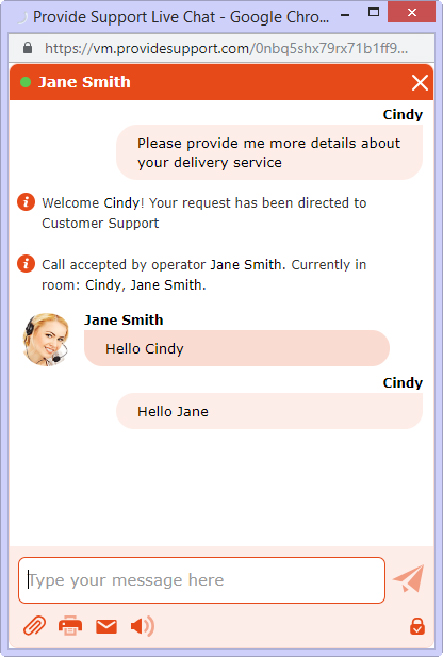Funeral questions
At Goldstar Memorial Solutions, our Mission statement and philosophy is simple, not to become a caring service provider that serves our families of all denominations while making significant difference in a moment a of grief and so the healing process can become a little more easier.
We know that each person is unique, and that each of us has different needs at different times. Our objective is to get to know each one, and each family, and to learn what you need at the time, now and into the future.
Funeral FAQs
Everything you need to know about funerals.
The funeral is a ceremony of proven worth and value for those who mourn. It provides an opportunity for the survivors and others who share in the loss to express their love, respect and grief. It permits facing openly and realistically the crisis that death may present. Through the funeral, the bereaved take that first step towards emotional adjustment to their loss.
Absolutely, in fact, we recommend it. After all, the funeral is a celebration of life. Funeral directors are happy to discuss all options and ensure your funeral is tailored to your wishes. It may be personalized in many unique ways. Contact us at (888) 640- 8988 to explore the possibilities.
We are available 24 hours a day, seven days a week. All you need to do is place a call to us at (888) 640- 8988 If you request immediate assistance, one of our professionals will be there within the hour. If the family wishes to spend a short time with the deceased to say good bye, it’s acceptable. Then they will come when your time is right.
Never. Not only is it illegal to do so, but most modern cremation chambers are also not of sufficient size to accommodate more than one adult. Thus it would be a practical impossibility to conduct multiple cremations simultaneously.
Is it possible to have a traditional funeral if someone dies of AIDS?
Yes, a person who dies of an AIDS-related illness is entitled to the same service options afforded to anyone else. If public viewing is consistent with local or personal customs, that option is encouraged. Touching the deceased’s face or hands is perfectly safe. Because the grief experienced by survivors may include a variety of feelings, survivors may need even more support than survivors of non-AIDS-related deaths.
While most funeral homes provide outstanding services, sometimes things can go wrong. Funeral service is regulated by the Federal Trade Commission and state licensing boards. In most cases, the consumer should discuss problems with the funeral director first. If the dispute cannot be solved by talking with the funeral director, the consumer may wish to contact the FTC by contacting the Consumer Response Center by phone, toll-free, at 1-877-FTC-HELP (382-4357); TDD: 1-866-653-4261; by mail: Consumer Response Center, Federal Trade Commission, 600 Pennsylvania Avenue, NW, Washington, DC 20580; or on the Internet at www.ftc.gov, using the online complaint form. You may also choose to contact the local Better Business Bureau, or your state consumer protection office.
We will be there with you every step of the way as we help you realize your vision
We Believe in Honoring The Memory of Your Loved Ones !
We hope that by now you have developed a good sense of how we at Goldstar Memorial Solutions believe in the power of integration — integrating all of our memorial services, facilitated by our unique professional collaborative partner network, into one unified concept, with each service personally tailored to your individual needs.
As you explore the rest of our site by clicking and navigating, with ease and at your leisure, to each page of the site, enjoy the interactive experience. Then, or at any time, we invite you to press any one of the gold hyper-link buttons below to watch our memorial video and to receive the e-book summary of our services, so that you can refer to it any time, and request in our calendar a time for us to speak.
Please feel free to contact us by email, or to chat with us, now or any time,
online or by calling us at (888) 640- 8988, with the best time to reach you, to begin the conversation about how
Goldstar Memorial Solutions can make the difference for excellence in your future.

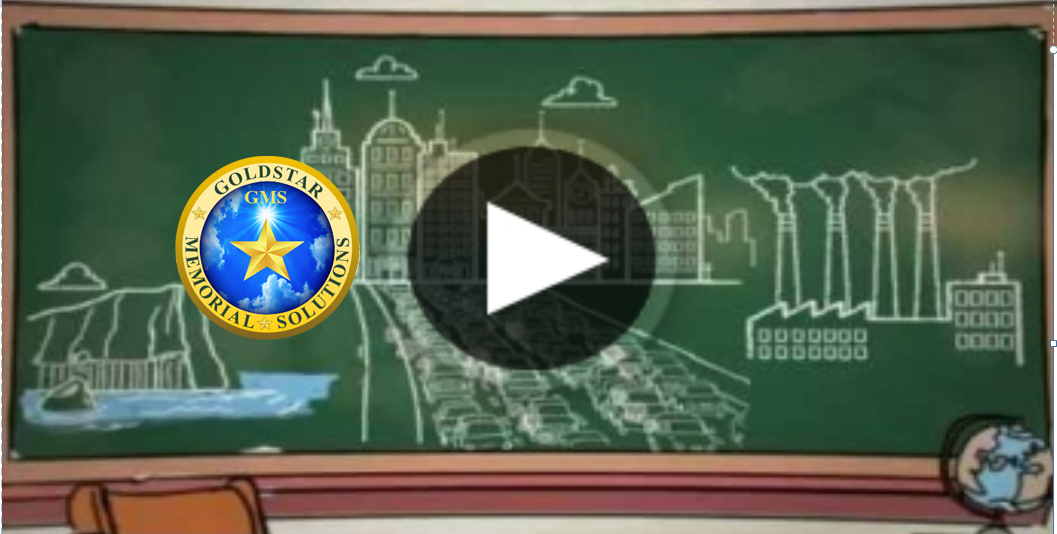
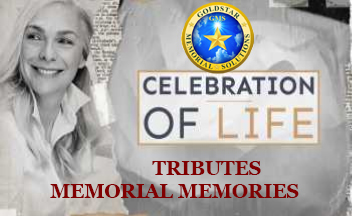
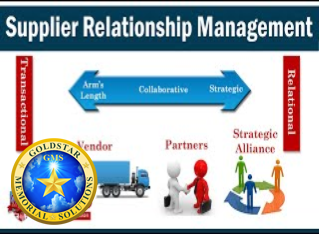
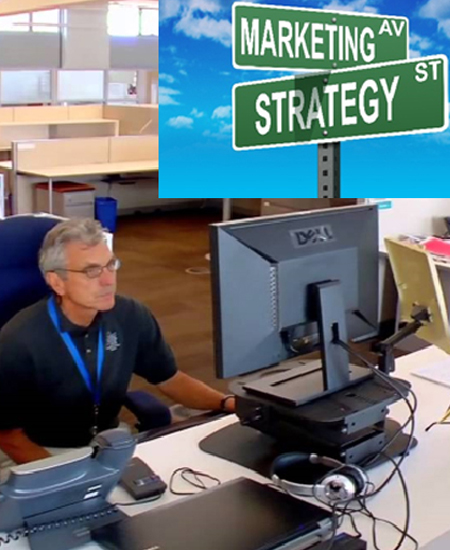

- No down payment, deferred payments & up to 84 month repayment options available
-
100% financing, including
soft costs -
Application-only for
up to $250,000 -
Fast credit decisions &
next day funding -
Potential IRS Section
179 tax savings
179 tax savings
